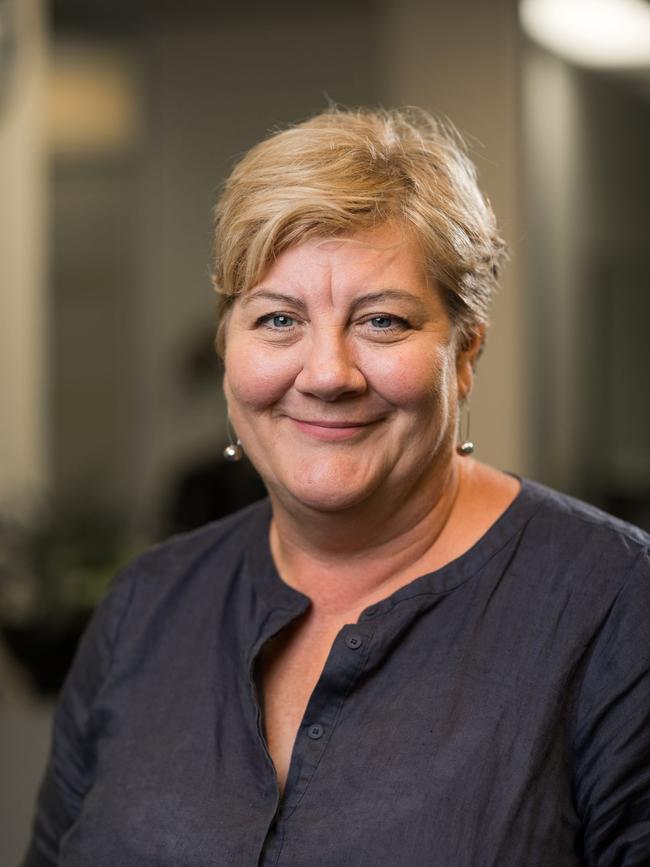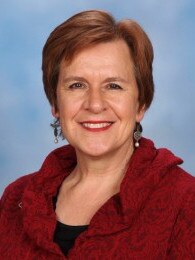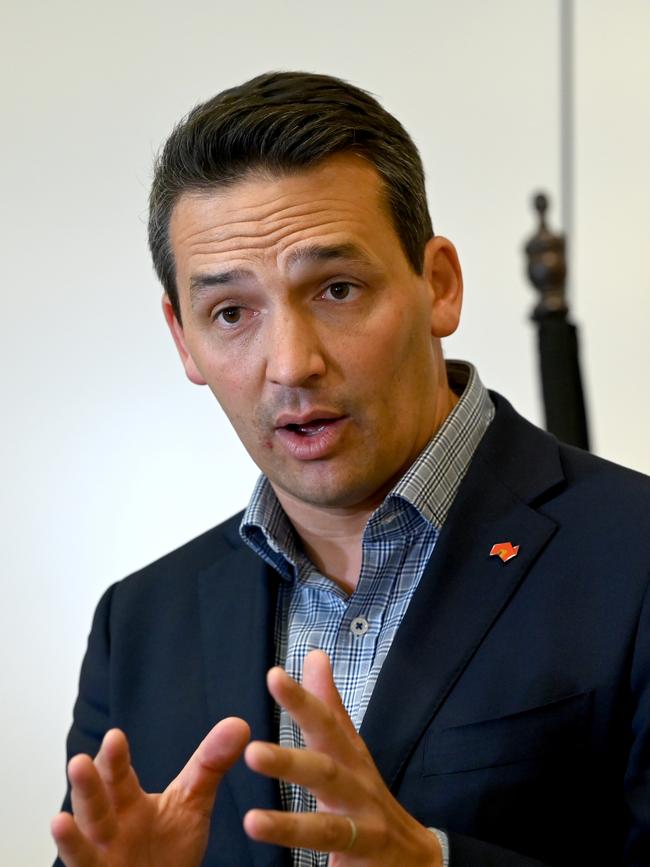‘It’s happening younger and younger’: South Australian kindy kids kicked out of the classroom
Kids as young as four are being kicked out of kindy as teachers struggle to manage difficult behaviours, prompting the state’s children’s watchdog to call for more support.
Education
Don't miss out on the headlines from Education. Followed categories will be added to My News.
Four-year-olds are being sent away from preschool because their behaviours are too difficult to manage and primary school children are biting or throwing furniture as they struggle to express their emotions.
The state’s Children’s Commissioner is worried that schools are increasingly resorting to suspending or excluding students with such complex behaviours, or who have a history of trauma.
In a new report, SA Children’s Commissioner Helen Connolly says schools should be required to gain approval from the Department for Child Protection (DCP) before they suspend or exclude children who have been taken into state care.
“It is happening younger and younger. You’re talking about Receptions, Grade 1s and Grade 2s, which is where we’re seeing big increases,” Ms Connolly said.

“We’re hearing about it in preschool. (Carers are being told) ‘We don’t know how to deal with this kind of behaviour, we’re not equipped to deal with this and we think you should go elsewhere’.”
Education Department figures show there were 25 Preschool or Reception aged children suspended in 2022, up from 18 in 2021.
There were no exclusions in that age group in 2022 and one in 2021.
Across Years 1 and 2 there were 782 suspensions in 2022, up from 379.
Exclusions in those years rose from 20 to 36.
Separate data published by the Guardian for children in state care shows those living with foster families, extended relatives or in state-run homes are four times more likely to be suspended and seven times more likely to be excluded than other school students.
“By the time kids go into care there’s been a lot of things happen for them, these are our really vulnerable kids,” Ms Connolly said.
“They may also have a disability or be Aboriginal, they’re coming with trauma backgrounds, they’re coming with a whole range of behaviour issues, sometimes they’re changing schools more frequently.
“These things play out in children’s behaviour and they often don’t have the words (to express themselves).
“We’re the ones that have to recognise that what they’re doing is because of those experiences they’ve had and we have to go the extra mile (to help).”
Ms Connolly said requiring DCP approval would create an extra hurdle to suspension or exclusion that would prompt schools to think about other options – such as extra school support officers and tutoring or safe spaces where children can retreat to calm down.
SA Primary Principals Association president Angela Falkenberg said schools used suspension or exclusion as “an option of last resort” but it was necessary in cases “where other options have been provided but there’s been no change in the behaviour”.
She said it gave staff time to plan other supports and classmates a break from violent or threatening behaviour.


Ms Falkenberg agreed that more children were showing signs of “very, very disregulated” behaviour, including in preschool.
“We have more children coming to primary school in nappies than we have had in the past,” she said.
“Also more children continuing to use biting as a strategy to express frustration or get attention.
“Schools have asked for some time for the appropriate programs or resources to support what is a small but complex group of children.”
This should include external experts like psychiatrists, psychologists and occupational therapists, she said.
In 2021 the state government announced a $15m, four-year strategy to reduce suspensions and exclusions for all students – but especially Receptions to Year 2s, indigenous students and children with disabilities or in state care.
It aimed to stop children being barred for minor issues such as not following instructions, minor physical acts and talking in class.
Education Minister Blair Boyer said another $50m had been allocated to mental health and wellbeing workers in 65 schools.
Special educators and behaviour support coaches are also being rolled out in preschools and schools.
“Whenever suspensions or exclusions are discussed, it should always be in conjunction with families and in this case carers or social workers with the express purpose of ensuring the student’s wellbeing and safety,” Mr Boyer said.
“School is a significant part of a child’s life and education should be accessible, inclusive and available to everyone, no matter their circumstances.”
DCP interim chief executive Erma Ranieri said the department was working with universities and other training organisations to better prepare teachers to respond to trauma-related behaviours in children.
“It also has a joint plan of action with the Department for Education, which aims to support better educational outcomes for children and young people in care,” she said.





